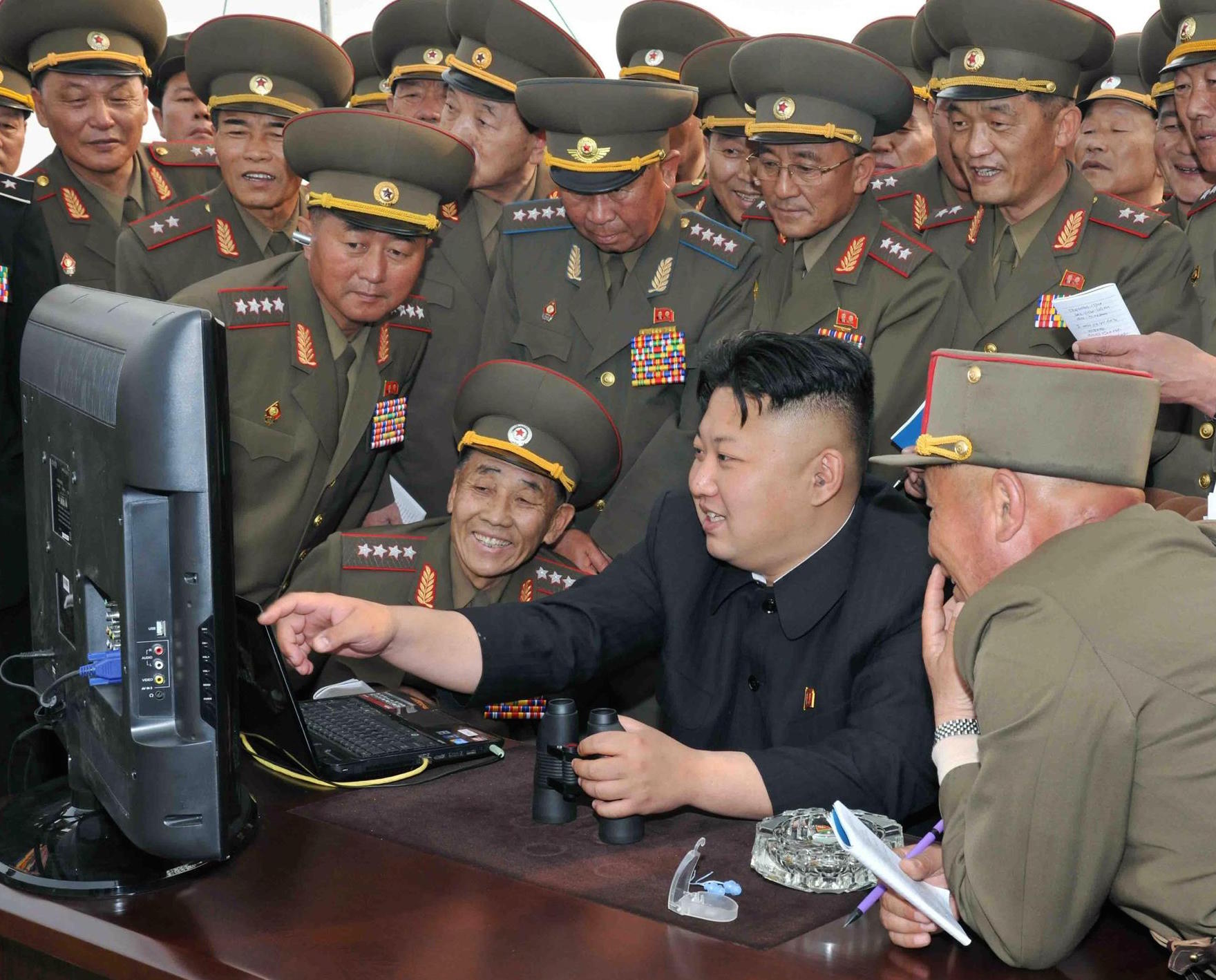
Russia could play a “wild card” role in solving the ongoing North Korean crisis as the West and China debate additional sanctions to curb Pyongyang’s nuclear ambitions, an expert in the region said Tuesday.
Jonathan Pollack, of the John L. Thornton China Center at the Brookings Institution, said Moscow’s active involvement could lead to some creative strategies in the escalating confrontations North Korea’s relations with China cool.
“North Korea likes to gather enemies,” he said in answer to a question at the Brookings forum. Pollack described the chilling of relations with Pyongyang’s largest trading partner, Beijing this way: “They have began to talk about China as an enemy.”
Pollack noted the Kim Jong Un’s regime already riled Tokyo by test-firing ballistic missiles over Japan that often landed in Japanese waters and also “have stiffed” the South Koreans on trade and other negotiations this year.
“It’s a threat-based system” of regime survival with the United States being the leading enemy.
David Cohen, who at the Treasury Department oversaw the Iranian sanctions program in the Obama administration, said, “There is such an exquisite vulnerability” in North Korea if China is prepared to cut off its flow of oil to Pyongyang.
But to take a drastic step such as that, Beijing must “think we’re serious about negotiations,” which they have not convinced the administration of President Donald Trump is. He added, “We need to tell [the Chinese] there is a better outcome” in enforcing U.N. Security Council’s tougher sanctions even though they have a direct impact on its financial institutions and its northeastern border region with North Korea.
Jake Sullivan, a participant in the secret negotiations with Tehran that led to the nuclear agreement, said, “We still have to build the pressure as fast as we can” although a freeze on Pyongyang’s military programs is unlikely.
North Korea is exposed to international sanctions but less so than Iran was and is. Tehran had been generating about billions annually in oil sales, but with sanctions this dropped by half and put public pressure on the regime. It also had large deposits in overseas banks and other financial institutions that were frozen by the sanctions.
Pyongyang’s economy, he said, is about the size of Dayton, Ohio’s and a $1 billion loss of revenue from any source would have a major economic impact.
At the same time, “there was the credible threat of military force” being used by the Israelis or the Americans against known Iranian nuclear facilities. A key difference between Tehran then and Pyongyang now is North Korea has nuclear weapons and Iran did not. Also, Tehran’s nuclear facilities were known or strongly suspected while Pyongyang’s may not be that clearly identified.
While sanctions, even severe ones, can take years to have an impact on a nation’s economy, Sullivan said there are indications that China is in “a shift from being the broker” between Washington and Pyongyang in future talks to seeing its missile and nuclear programs as “a problem that needs to be solved” through a variety of means.
Pollack said that in public negotiations Japan, South Korea, China and Russia must be involved. Sullivan noted that in discreet talks with Iran that Israel, other allies and partners like the European Union were not directly engaged but the United States, using a whole of government approach, took their views into account.
China, Russia, Japan, South Korea and other nations “are singing more from a common sheet of music” in the need to curb North Korea’s ambitious missile and nuclear weapons programs with sanctions that hurt through strong sanctions.
Author Michael Dobbs added that there is a “risk of uncontrollable escalation” if a military strike is launched against North Korea. Having written extensively on the collapse of the Soviet Union, he said the United States and its allies “need to take the longer-term view” that by keeping pressure on Pyongyang the regime’s internal weaknesses and contradictions can lead either to its replacement or changed behavior.





